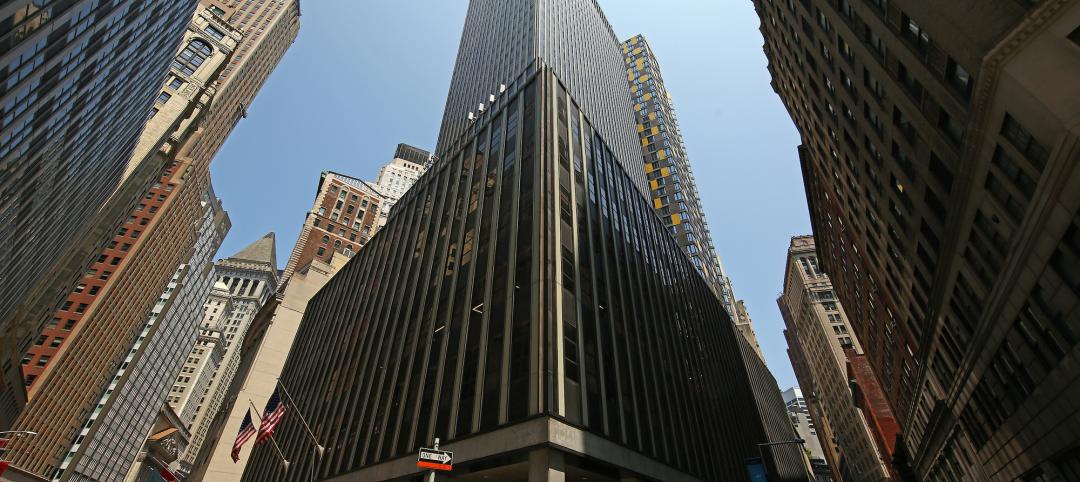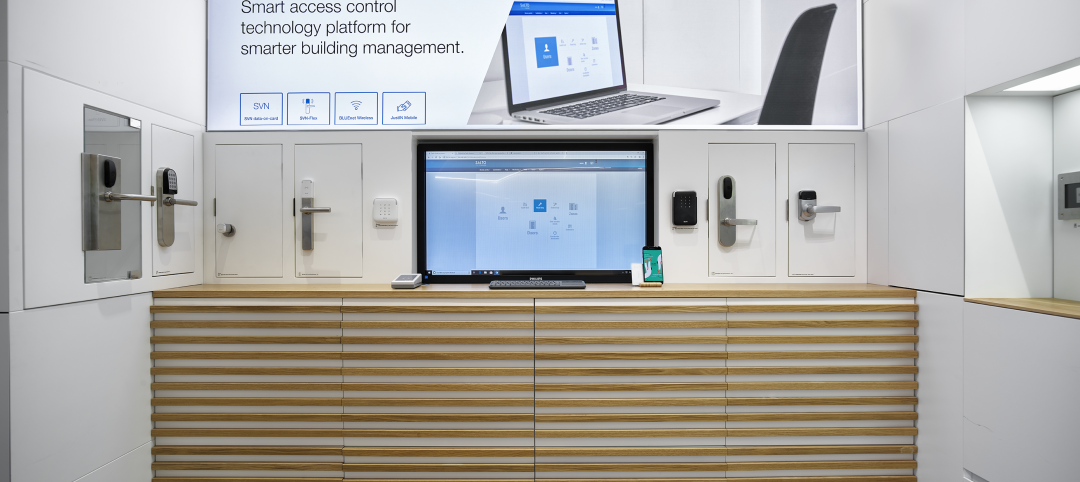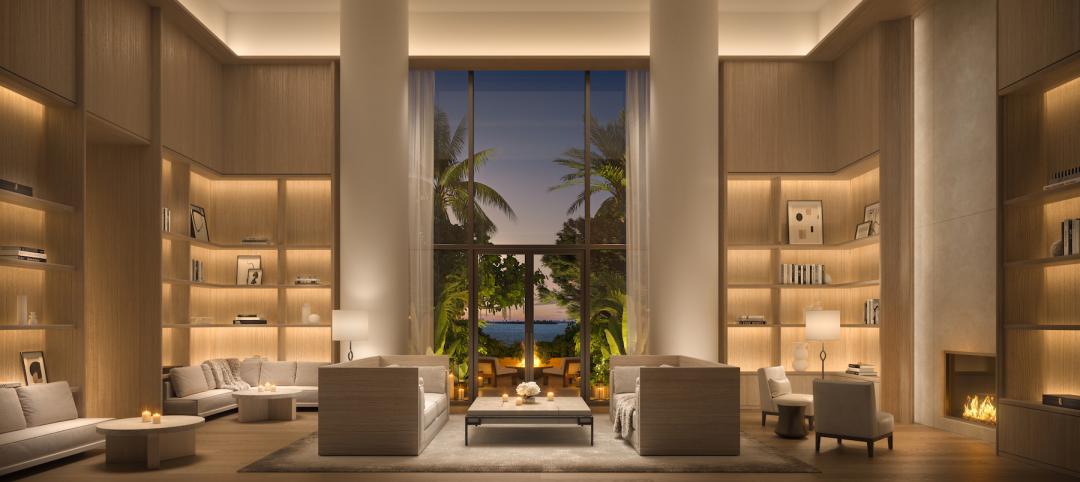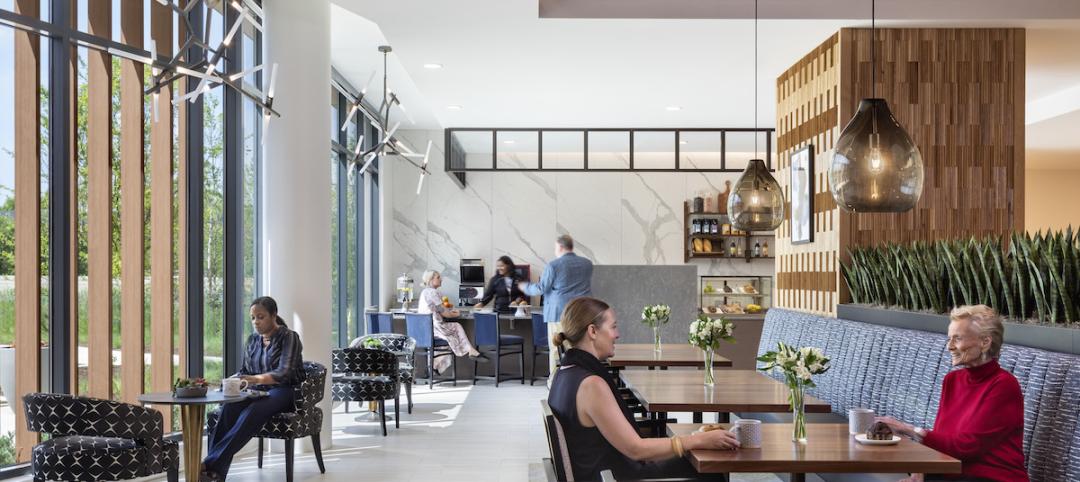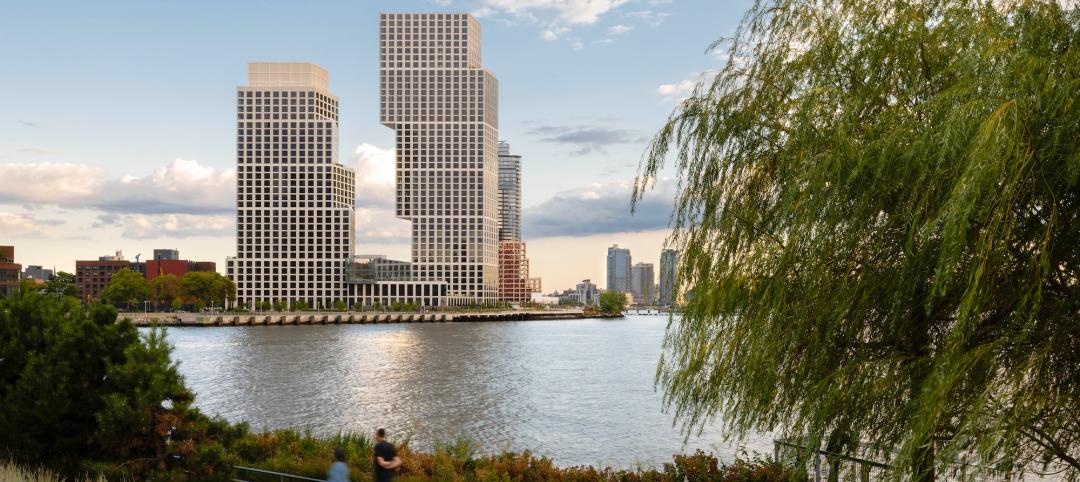First, Biden has to get the pandemic under control. Duh. Unless the new Administration does so in good order, all bets are off. Once a proven vaccine becomes available, there’s the question of whether enough people will take it to create herd immunity. Masks and hand washing alone will not stop this virus, so another dose of stimulus money is going to be needed to feed the families of the Covid-unemployed and help them pay their rent.
But let’s hope for the best. Let’s say that, at some point in late 2021 or early 2022 the pandemic is largely behind us, and the economy is back up and running. What then?
One possibility might be an infrastructure package. Remember, back in 2017, when those on both sides of the political aisle were talking about how crucial it was to restore the nation’s unsafe roads, bridges, rail lines, and seaports to proper working condition? Never happened, of course. Even if both Senate runoff races in Georgia go blue, giving Biden control of both Houses of Congress, it will be difficult to get any sizable infrastructure deal. So those potholes in the roadways leading to your buildings aren’t going to vanish overnight.
Then there’s the Green New Deal. In the primary debates Biden treated the Green New Deal like the plague—as if we needed another one . But he has signed on to bits and pieces of it. He has pledged to sign the Paris Agreement on climate change “on day one” and says he wants to ban oil and gas leases on federal lands, but would only phase out fracking over an undefined period of time in places where it is currently being practiced.
Biden is pushing a $1.7 trillion clean energy plan that he says will produce millions of new jobs, particularly in solar energy, wind, and geothermal. We should be encouraging greater use of renewables in our commercial and residential buildings, which account for 40% of energy use—and resulting carbon emissions. Before we start throwing PVs on every roof in America, though, we need a program to cut the energy consumption in buildings by 60-70%. How do you do that most effectively? Through the use of proven, commonly available, low-tech solutions: more and better insulation, LED lighting, high-efficiency heating-cooling systems, and highly energy-efficient water heating systems.
Biden says he has a plan to retrofit four million buildings, weatherize two million homes, and build 1½ million sustainably designed homes and rental apartments in four years. He may have to arm wrestle a few Republican Senators to get even a piece of that plan through Congress. But if he does, it could be a boon for the multifamily real estate sector.
Related Stories
Multifamily Housing | Aug 23, 2023
Constructing multifamily housing buildings to Passive House standards can be done at cost parity
All-electric multi-family Passive House projects can be built at the same cost or close to the same cost as conventionally designed buildings, according to a report by the Passive House Network. The report included a survey of 45 multi-family Passive House buildings in New York and Massachusetts in recent years.
Apartments | Aug 22, 2023
Key takeaways from RCLCO's 2023 apartment renter preferences study
Gregg Logan, Managing Director of real estate consulting firm RCLCO, reveals the highlights of RCLCO's new research study, “2023 Rental Consumer Preferences Report.” Logan speaks with BD+C's Robert Cassidy.
Adaptive Reuse | Aug 16, 2023
One of New York’s largest office-to-residential conversions kicks off soon
One of New York City’s largest office-to-residential conversions will soon be underway in lower Manhattan. 55 Broad Street, which served as the headquarters for Goldman Sachs from 1967 until 1983, will be reborn as a residence with 571 market rate apartments. The 30-story building will offer a wealth of amenities including a private club, wellness and fitness activities.
Sustainability | Aug 15, 2023
Carbon management platform offers free carbon emissions assessment for NYC buildings
nZero, developer of a real-time carbon accounting and management platform, is offering free carbon emissions assessments for buildings in New York City. The offer is intended to help building owners prepare for the city’s upcoming Local Law 97 reporting requirements and compliance. This law will soon assess monetary fines for buildings with emissions that are in non-compliance.
Sponsored | Multifamily Housing | Aug 15, 2023
Embracing Integrations: When Access Control Becomes Greater Than the Sum of Its Parts
Multifamily Housing | Aug 11, 2023
Hotels extend market reach with branded multifamily residences
The line separating hospitality and residential living keeps getting thinner. Multifamily developers are attracting renters and owners to their properties with hotel-like amenities and services. Post-COVID, more business travelers are building in extra days to their trips for leisure. Buildings that mix hotel rooms with for-sale or rental apartments are increasingly common.
MFPRO+ New Projects | Aug 10, 2023
Atlanta’s Old Fourth Ward gets a 21-story, 162-unit multifamily residential building
East of downtown Atlanta, a new residential building called Signal House will provide the city with 162 units ranging from one to three bedrooms. Located on the Atlanta BeltLine, a former railway corridor, the 21-story building is part of the latest phase of Ponce City Market, a onetime Sears building and now a mixed-use complex.
Senior Living Design | Aug 7, 2023
Putting 9 senior living market trends into perspective
Brad Perkins, FAIA, a veteran of more than four decades in the planning and design of senior living communities, looks at where the market is heading in the immediate future.
Multifamily Housing | Jul 31, 2023
6 multifamily housing projects win 2023 LEED Homes Awards
The 2023 LEED Homes Awards winners in the multifamily space represent green, LEED-certified buildings designed to provide clean indoor air and reduced energy consumption.
MFPRO+ New Projects | Jul 27, 2023
OMA, Beyer Blinder Belle design a pair of sculptural residential towers in Brooklyn
Eagle + West, composed of two sculptural residential towers with complementary shapes, have added 745 rental units to a post-industrial waterfront in Brooklyn, N.Y. Rising from a mixed-use podium on an expansive site, the towers include luxury penthouses on the top floors, numerous market rate rental units, and 30% of units designated for affordable housing.





